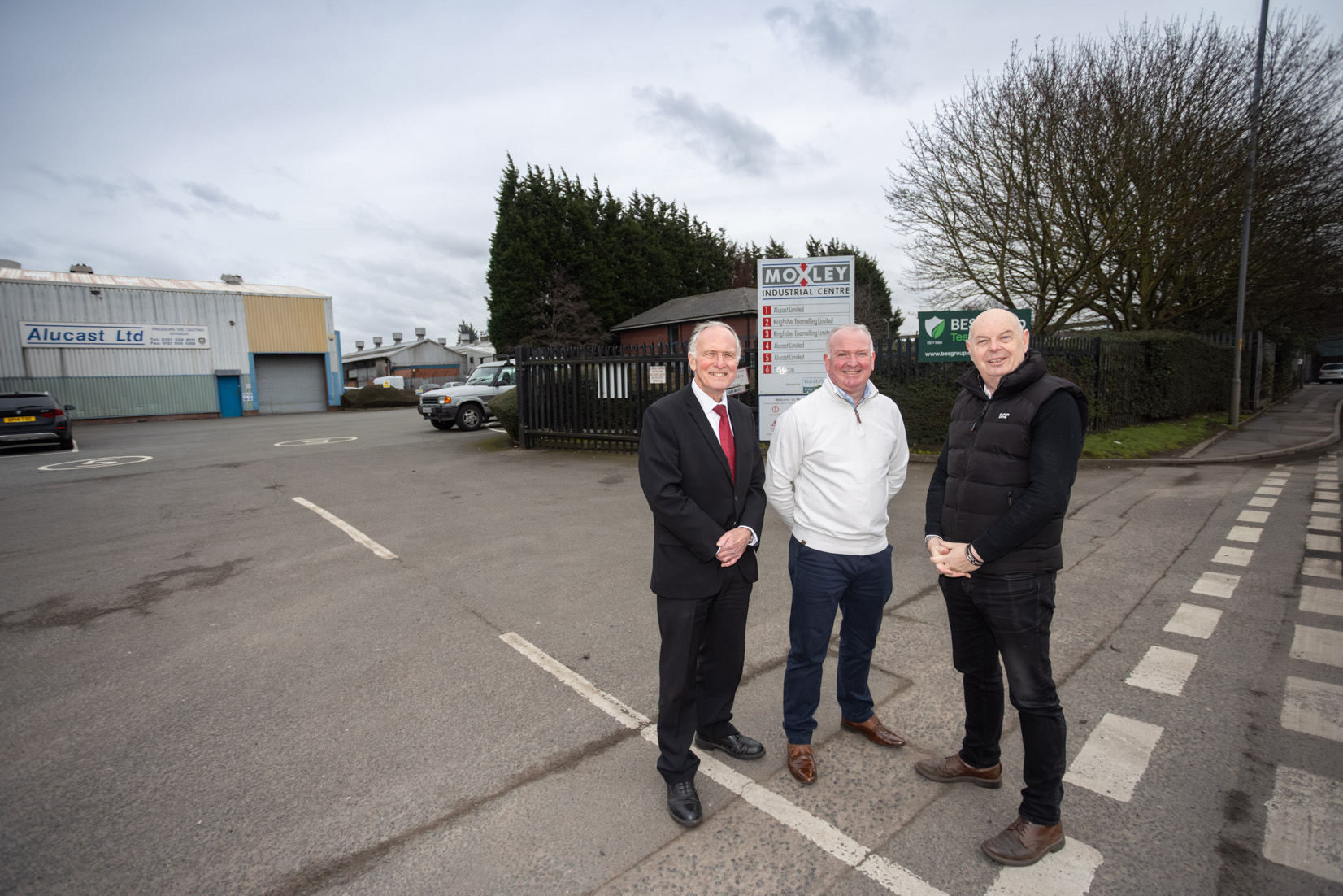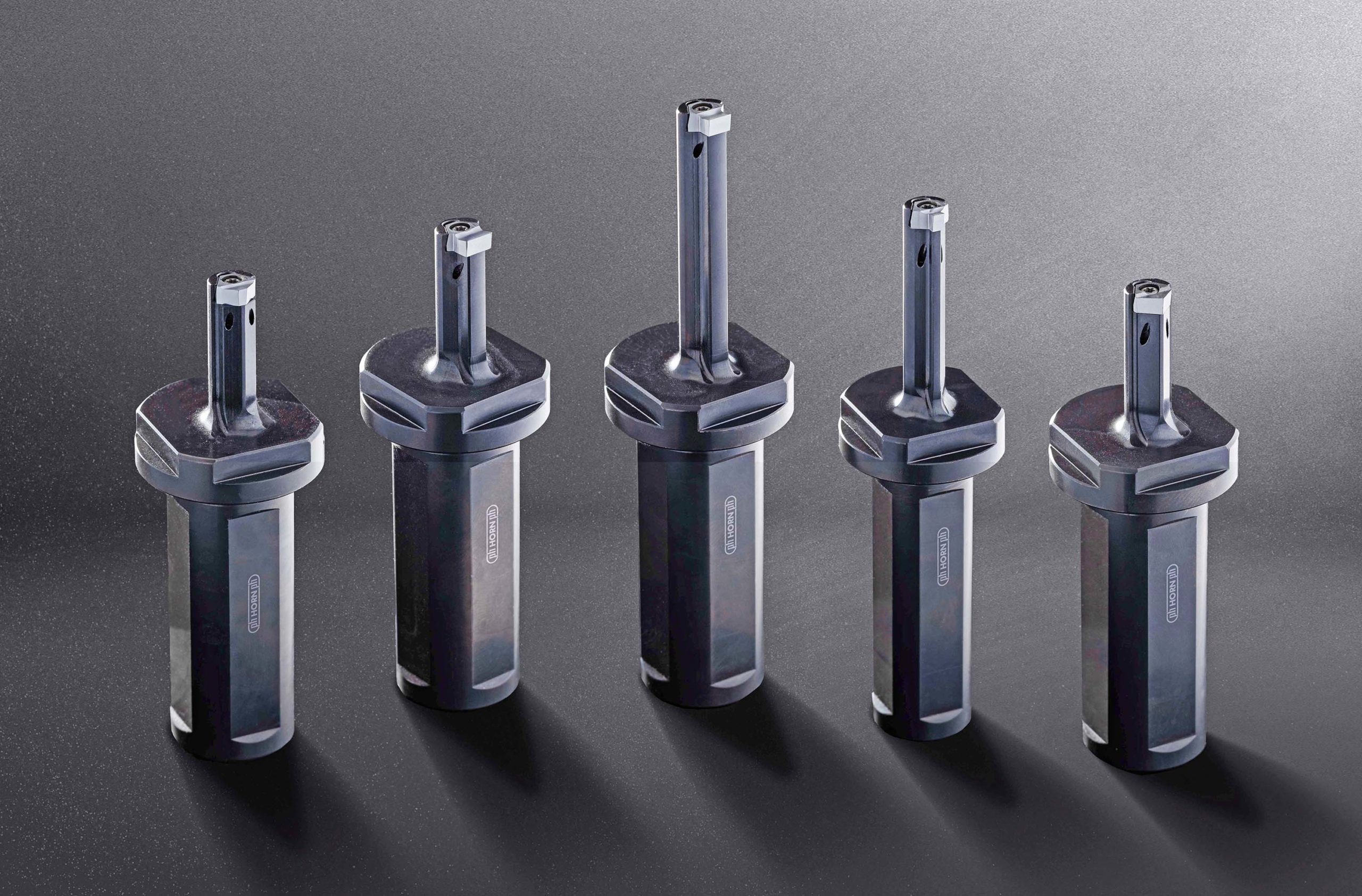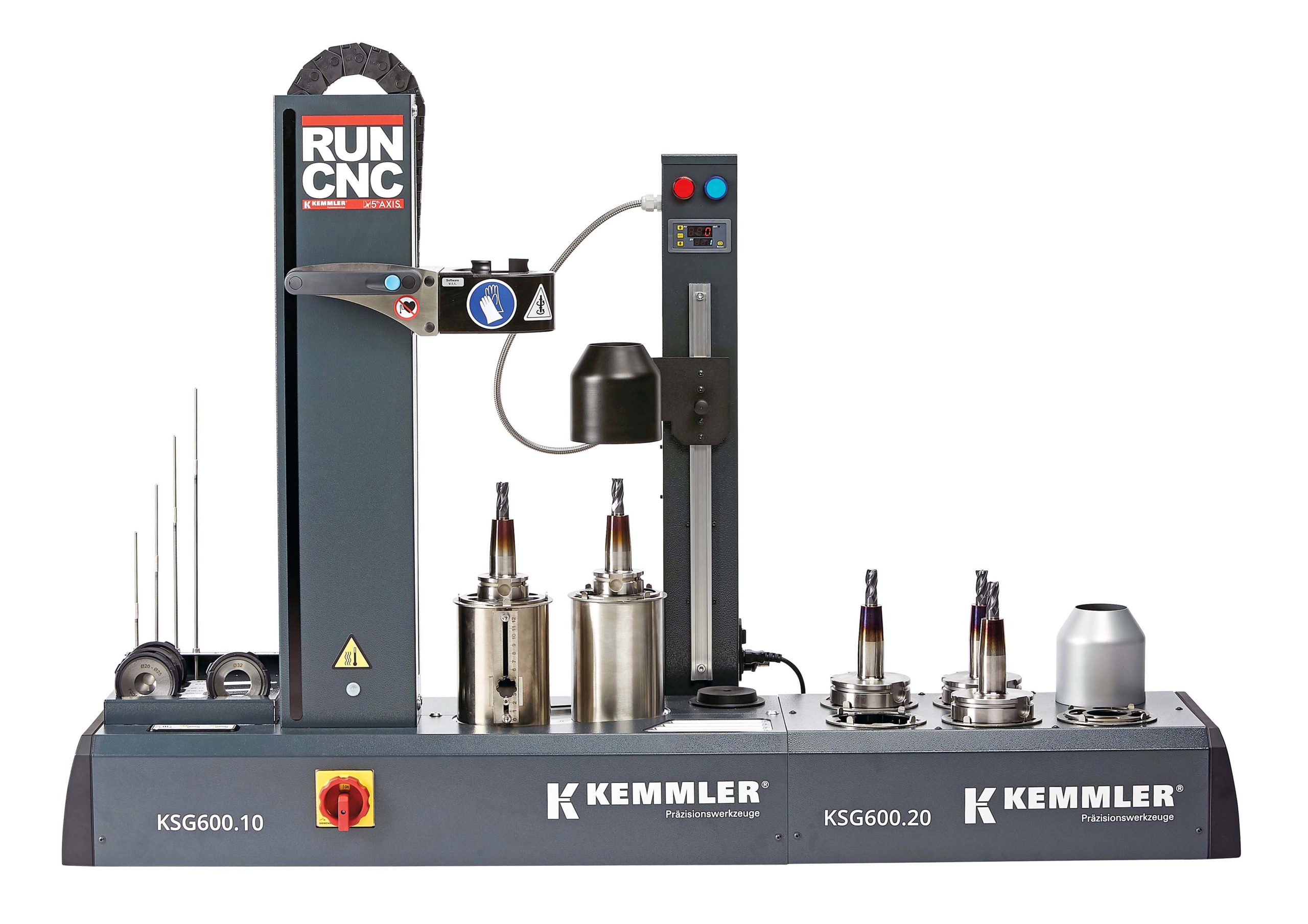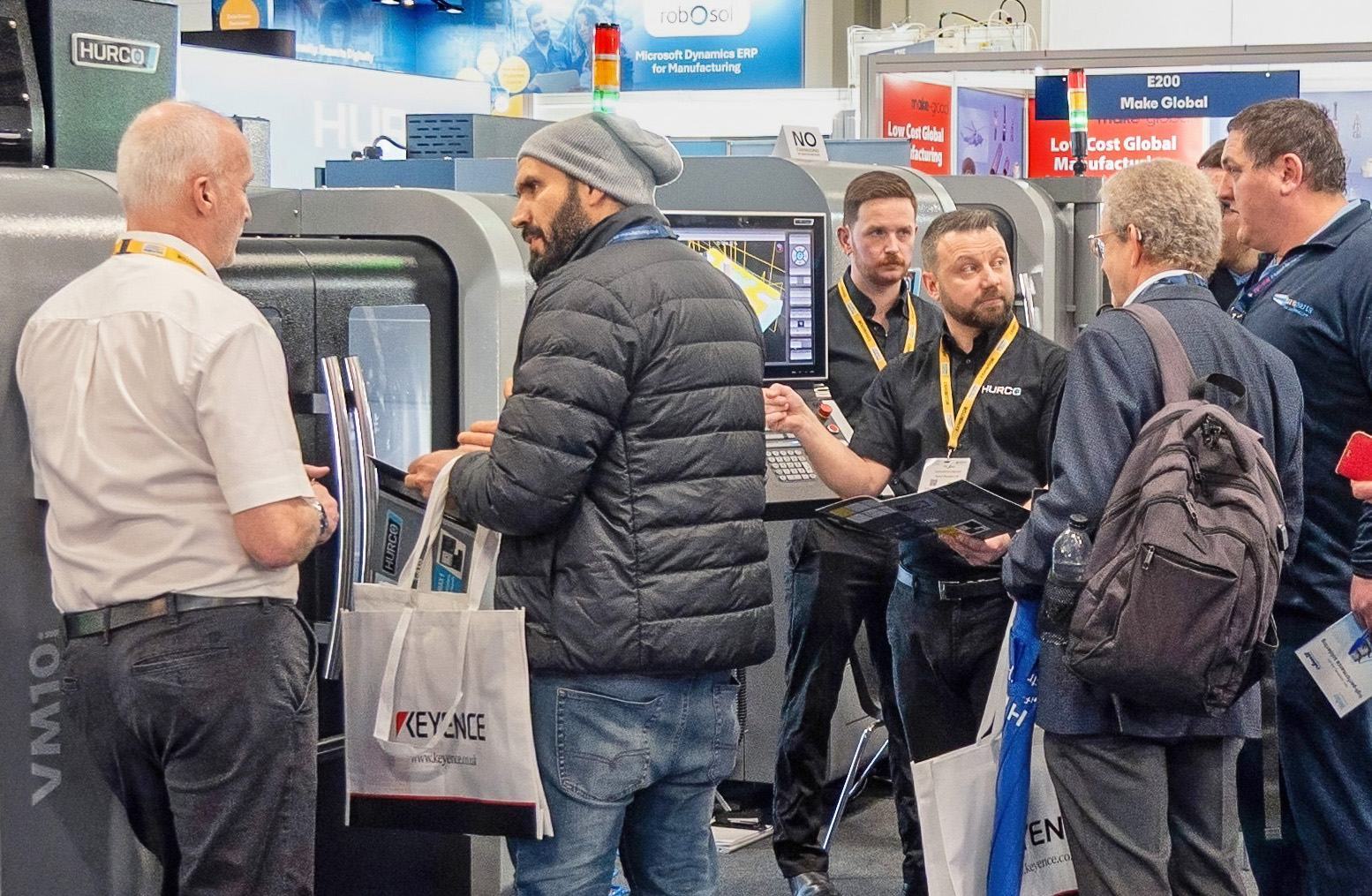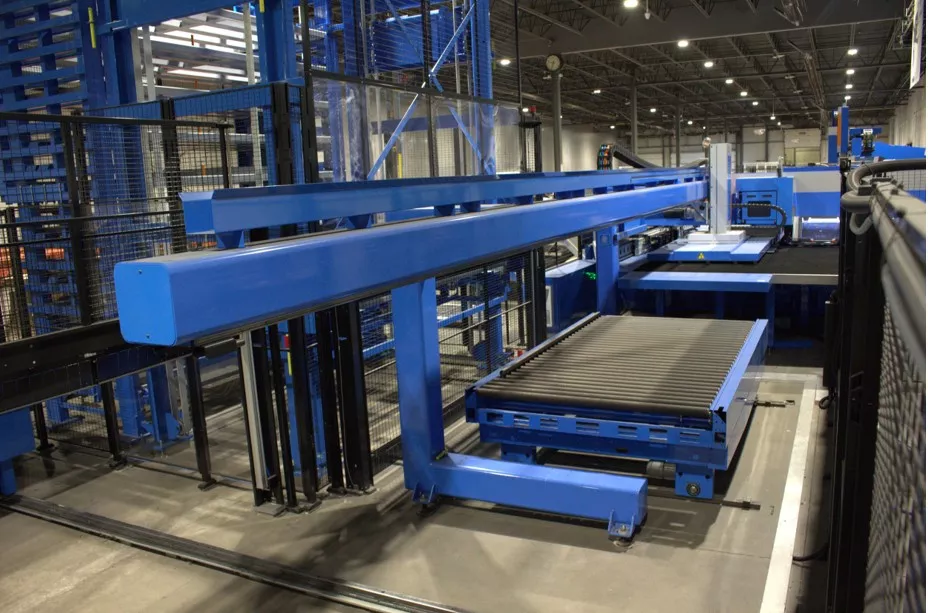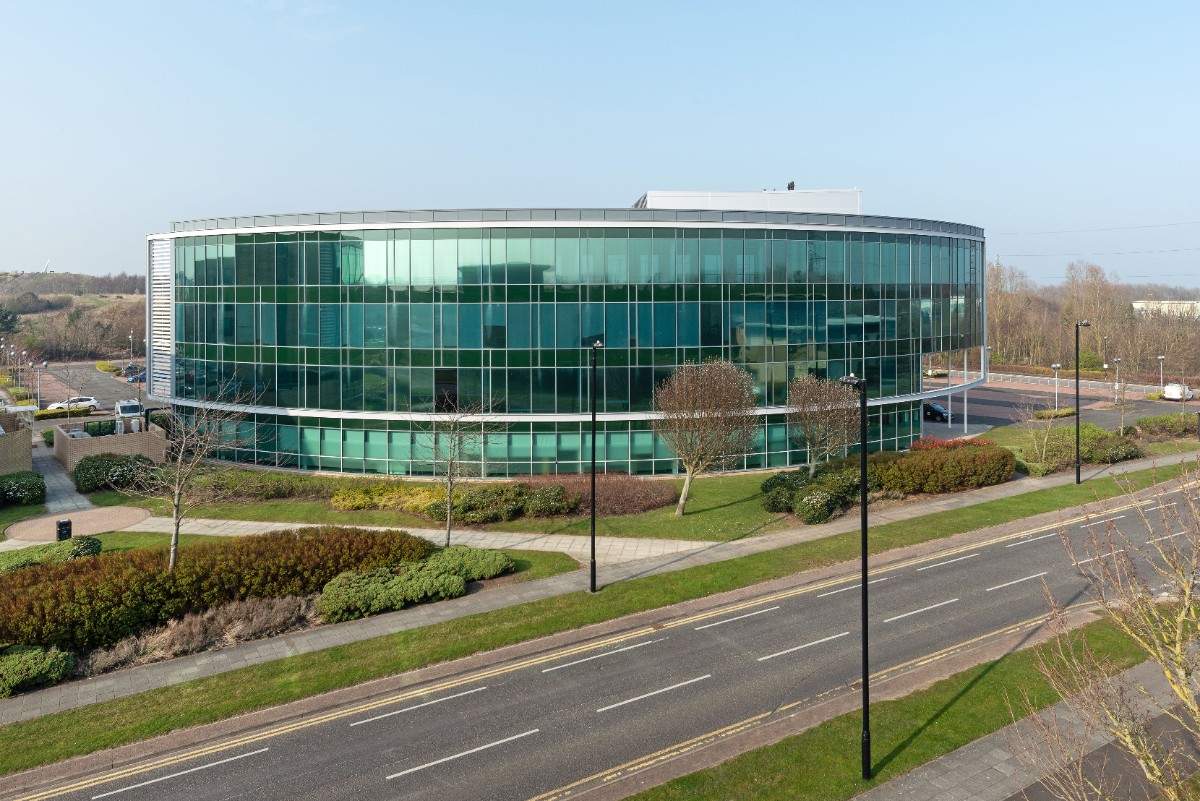Let’s Talk Smart Manufacturing – Workflows for the machine shop community

Technical Editor Steed Webzell learns from Jason Walker, VP – General Manufacturing at Hexagon, about an easy way for machine shops to get smarter with their business workflows
There’s a misconception among machine shops that smart manufacturing is only for primary OEMs like those making aircraft engines or Formula 1 cars. Many believe it involves a laborious, costly transformation process that necessitates the engagement of endless consultants and a myriad of different technology suppliers. Well, not so, at least according to Hexagon, a specialist in digital reality solutions that combine sensor, software and autonomous technologies. Hexagon has a new campaign focusing specifically on machine shops, encompassing metal-cutting, metal-forming and additive manufacturing facilities.
“Machine shops are unsung heroes within the manufacturing eco-system,” states Jason Walker, VP – General Manufacturing at Hexagon. “However, with vertical markets like aerospace and automotive undergoing transformations due to trends such decarbonisation, electric vehicles and so on, machine shops are under pressure to keep pace via smarter manufacturing workflows that can better meet the requirements of new component designs. OEMs also want more traceability of critical parts. Not just relating to component specification, but also the process and environmental parameters present at time of manufacture and inspection.”
Single-source solution
Machine shops conventionally implement a new manufacturing technology to solve a specific issue, with many typically lacking the budget, confidence or internal expertise to implement a larger, company-wide transformation strategy. This issue indicates a clear need for a one-stop-shop resource that can provide help across a machine shop’s entire manufacturing workflow.
Hexagon has a new concept that centres on seeking value in the seams between seven key workflow functions: quoting and planning; designs and reviews; manufacturing preparation; manufacturing; shop-floor measurement; quality inspection; and reporting and analytics.
“At present, machine shops will quote for a job only to find [when they win the order] it’s a little more complex and costly than initially thought, squeezing the margin,” explains Jason Walker. “In addition, there’s often a disconnect with subsequent operations such as metrology, with little if any feedback. That’s why we need a digital thread. Linking data flows across business functions provides more visibility and insight into what’s working well – and not so well – from an end-to-end process perspective.”
Seven-step process
Hexagon’s machine shop campaign looks intently at optimising each of the aforementioned seven steps, connecting individual point solutions/technologies, systems of record and specific processes to Hexagon’s new Nexus digital reality platform for manufacturers.
Nexus acts as a system of engagement to share data along the entire workflow and drive more business excellence. The concept allows machine shops to start with low-hanging fruit and progress as resources and budgets allow, perhaps reinvesting any savings to help start subsequent optimisation projects. The focus is on enabling more collaboration, sharing data internally across various departments and externally with suppliers and customers, in real time.
Some think of Hexagon as a specialist in metrology or CADCAM software, but over the past 20 years the company has acquired close to 200 companies, building a complete portfolio of smart manufacturing solutions, including those for design, digital engineering and total enterprise quality. Hexagon also partners with external specialists whenever advantageous for the machine shop, while still acting a single point of contact. The vendor-neutral Nexus platform not only connects Hexagon technologies, but also those of partners and even competitors.
Free benchmarking tool
Notably, the company will be offering a free digital benchmarking tool that helps machine shops see where they stand in comparison with peers: thought to be a market first. The tool identifies, within the seven-step process, which areas could be improved immediately and what optimisations could come later as part of an overall business transformation project. At no point is there any obligation to adopt Hexagon technology.
Of course, if selecting Hexagon then plenty of support is available to refine the machine shop’s transformation roadmap, and help implement technologies and connect to existing software systems, for example.
Says Jason Walker: “It’s not simply about installing a new machine, but looking at the overall business and holistic technology adoption process. Every machine shop is different.”
The free benchmarking tool will be launched at the MACH 2024 exhibition and Hexagon already has multiple machine shop transformation projects underway in the UK. Recently launched is the ‘Nexus for Developers’ kit, which imparts further democratisation. The kit is a set of programming interfaces that allows machine shops to connect their own technologies to the system. It’s free to sign up, with relevant costs applied as machine shops start developing/using the system.
Opportunity knocks
“Ultimately, this is all about opportunity via a long-term strategy that can benefit the machining community as a whole,” he says. “Small-to-medium sized machine shops may think that Industry 4.0 and digital transformation is out of their reach. Our aim is to make it within every machine shop’s reach, working with them to facilitate their transformation [at their own pace] so they remain relevant, competitive and in-step with customer requirements.”
He continues: “At the end of 2023 we held a round table with executives from a cross-section of machining companies, asking them about their biggest concerns and priorities regarding the market from both a macro perspective and that of their individual company. The skills gap came top of the list. For us, it therefore becomes about how digital transformation can help mitigate or solve that challenge. Culture within the organisation was another issue raised: namely as a barrier to transformation. Some are resistant to new technologies because of the perceived threat to jobs. But that’s the exact opposite of the intended purpose, which is to automate and implement technologies that help streamline repetitive, non-value adding activities, releasing operators for deployment on more added-value tasks. With a focus on digital adoption and transformation we can help machine shops address current challenges and build better futures.”
At the MACH 2024 exhibition (Birmingham NEC, 15-19 April), Hexagon will showcase its scalable digital transformation solutions on Stand 731 in Hall 19, bringing everything to life via a number of real-time demonstrations. Company experts will be available to discuss individual machine shop challenges.

